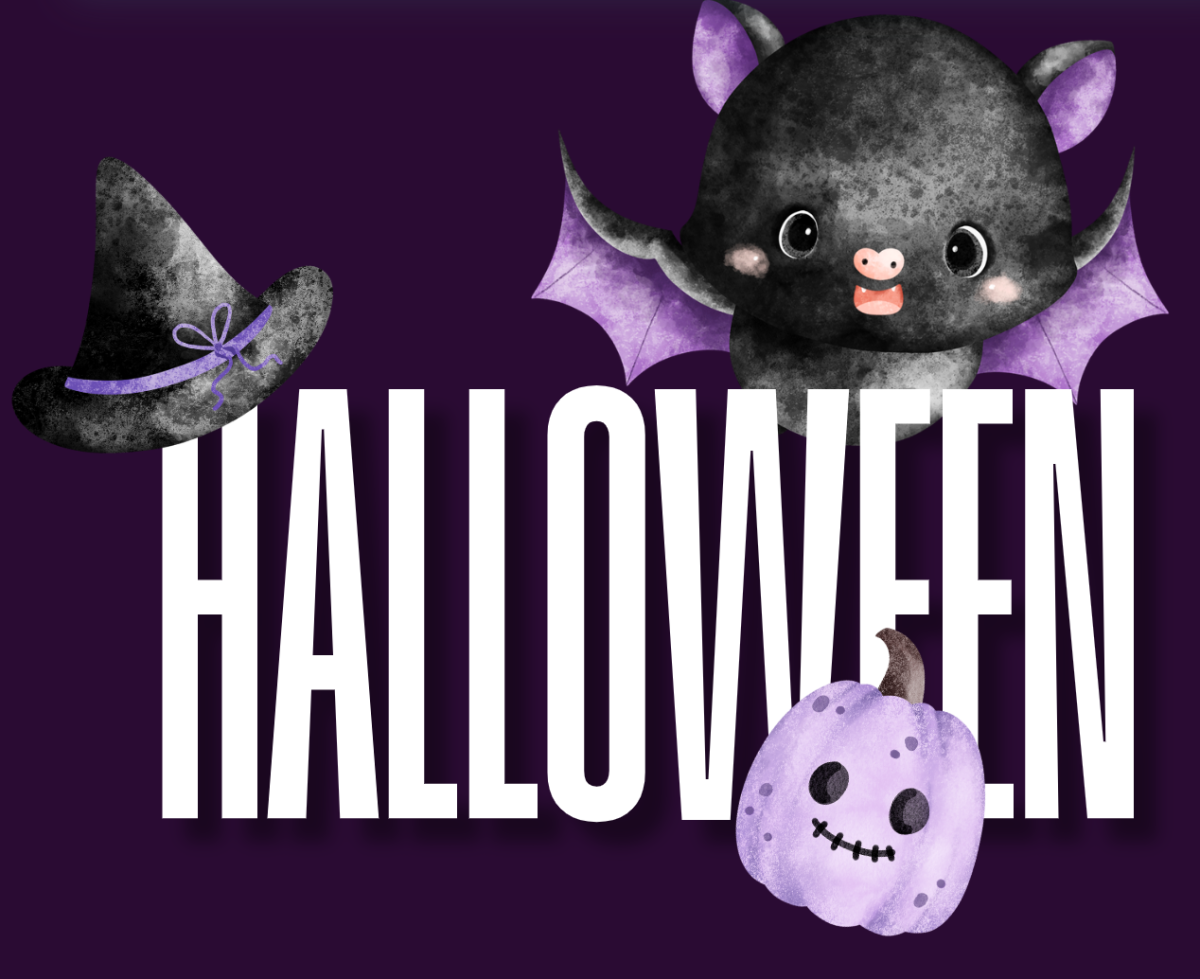By Aislinn Keely
When I think of stories that have shaped me and continue to shape me, a somewhat long shortlist comes to mind – “Harry Potter”, “Catcher in the Rye”, “Northanger Abbey”, “Into Thin Air”. But, there is one I find myself re-reading more often than all the others: Orson Scott Card’s “Ender’s Game”. “Ender’s Game” is the story of a group of children, including the titular Ender Wiggin, who are sent to fight an intergalactic war for the survival of humanity.
I read “Ender’s Game” when life gets hard. The weeks it pops up on my nightstand or appears in my backpack coincide with the most challenging times in my life. Similar to the hustle of early adulthood, Ender’s story is one of survival.
At six years old he is chosen to lead a war for a world he has barely begun to explore. He leaves his family and life to pursue a larger goal that he barely comprehends – and in space! He is pushed in unimaginable ways to fulfill his greatest potential, all under the pressure of knowing that if he fails to reach it, his species will be vanquished by an impending alien attack. During some of my harder weeks and in some of my more dramatic moments, the weight on Ender’s shoulders feels familiar.
In the novel, Ender is sent to Battle School, a place where military leaders are trained from ages six to 12, until the time they leave for Command School and eventually lead sectors of the Earth’s intergalactic armed forces before they leave their early adolescence.
While the children sent to Battle School are fighting for the survival of their species, our modern life has grown to feel a bit similar. With a world that seems at times careening towards an early demise, whether politically, environmentally or socially, youth can feel burdened with a larger purpose from a very early age. Children feel pressured to achieve greatness earlier and earlier, thinking of which college to apply to, which career to pursue and which world crisis they should be working towards solving, long before they can learn to love the world they are saving.
This pressure to build a better world only grows with you. At 20, I feel it more acutely than at six or 16. I gravitate towards “Ender’s Game” when times are hard because rather than escape, it paints a beautiful picture of the burn-out that can come with striving for a greater good without a passion for the work. Card takes the reader through moments of tough love through the eyes of a six year old and confronts the idea that some things worth doing are not about being happy.
The novel explores what that mentality can do to a person over time. Even when Ender succeeds at various points throughout the novel, he is unable to hold onto the success. As he observes, “I’ve lived too long with pain. I won’t know who I am without it.”
While I would not say I or my peers have based our identities in pain, this line and the overarching theme of the story resonates with me. Many of us have felt the pressure to work towards the next “thing” for so long, we would lose part of ourselves without another problem to solve or goal to reach.
Perhaps what I love most about “Ender’s Game” is that it does not posit an answer to these problems of self-hood and selflessness in a struggling world. Card constructs a narrative around empathy, in which you both hear the struggle of the young characters in their quest to save the world and feel heard in the echo of your own quest.










































































































































































































